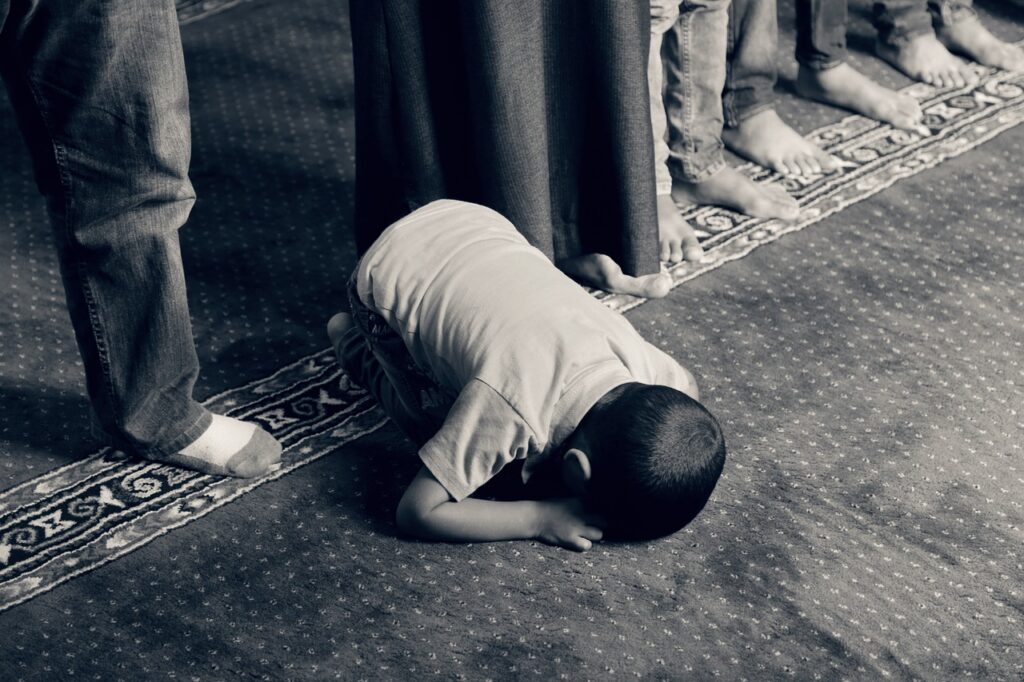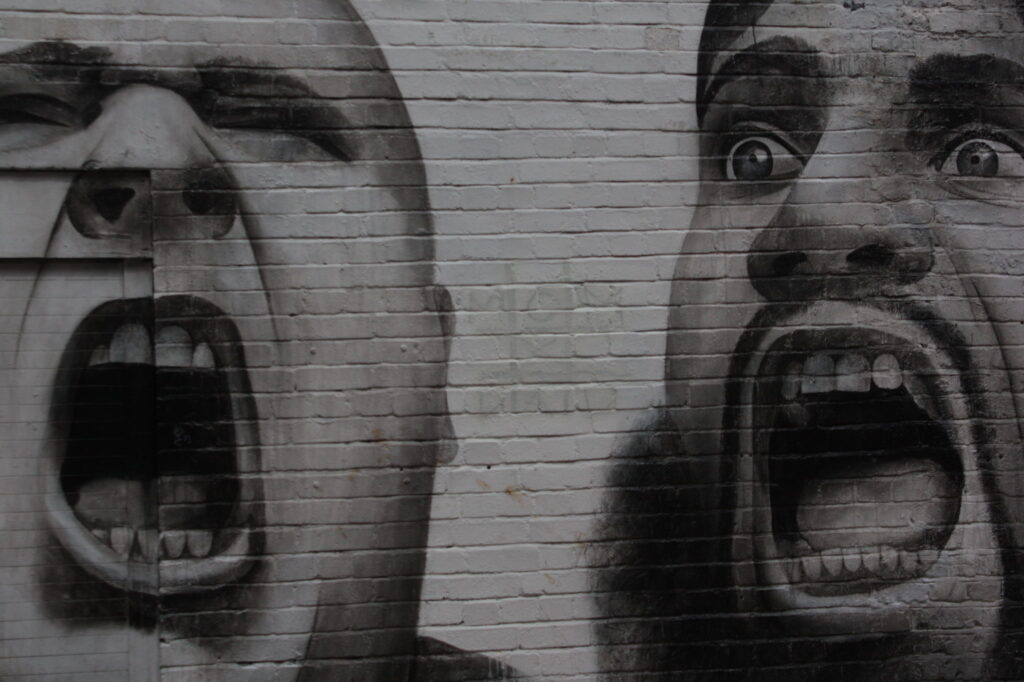THE recent attacks in Paris by ISIS have shocked the world, and rightfully so. It’s despicable to say the least. As the dust settles and we try to make sense of the tragedy, there have been calls for Muslims to own the problem. Should they?
In the past few years, US conservative Christian evangelical groups have funded anti-LGBT movements in Uganda, a country with 85 per cent Christians. These movements terrorised sexual minorities and eventually resulted in the passing of a law last year which sentences LGBT minorities to life imprisonment – a relatively positive outcome given that the original bill called for the death sentence. Since this brand of evangelism is exported overseas, does the world have a Christian problem? Should the global Christian community own this problem too?
Hindu extremists in India have become more strident, attacking Christian and Muslim minorities. Indian PM Narendra Modi was depressingly silent about it. Does India have a Hindu problem? Should the international Hindu community own this problem too? What about the global Indian diaspora that supports Modi and the Bharatiya Janata Party, which has close links to intolerant groups like the Rashtriya Swayamsevak Sangh. Should they own this problem too?

Specifically: Are Singaporean Hindus and Christians accountable for the actions of groups in other parts of the world? That is, should they own these problems?
No. It’s not their fault that extremists elsewhere do what they do. When Christian and Hindu extremists cite religious traditions and scripture, mainstream believers counter that the fundamentalists misinterpret the teachings of their faith – just like Muslims have done. In that sense, extremist Christians and Hindus are as Christian and Hindu as ISIS is Muslim. On that basis, to be fair, mainstream Muslims should not be expected to own extremism either.
But what is fair is not always what is wise.
The reality is that not all threats are equal and hence the responses to all threats cannot be equal. Unlike their brethren from other faiths, extremist Muslims are transnational, have cross-cultural recruitment abilities, and are able to hit the hearts of big powers: New York in 2001, London in 2005 and Paris last week. They have also declared their intentions to target our home, Singapore.
Yes, what they preach is alien to most Muslims. But just because one finds an ideology breathtakingly stupid does not mean that its adherents are not smart enough to infect the susceptible, to strategise, plan, organise and execute complex operations. Therefore their influence must be actively countered. Understanding that is part of “owning” the problem.
But what does it mean to “own” the problem? First, what it is not: Both Muslims and non-Muslims must recognise that in this case to own the problem is not necessarily taking the blame for it. On what basis can the moral debts of extremists be transferred to peace-loving citizens? Extremists, by definition, do not espouse the same values as the mainstream. Here, to own is to take responsibility in working towards a solution.
To that end, much has been done.
Last year, more than 120 Islamic scholars from around the world jointly published an academic response to the ISIS ideology point for point in an open letter to Al Baghdadi, the leader of ISIS. Some internationally renowned Muslim scholars, like Sheikh Yasir Qadhi, receive death threats yet they continue to preach against evil. More Muslims have died at the hands of ISIS than any other group – to own it is a matter of life and death for them. Furthermore, many Muslims repeatedly condemn terrorist acts.
Closer to home, our madrasahs are paying increasing attention to secular subjects on top of religious ones. They have also raised academic standards and are producing talented young Singaporeans – not forming cesspools of hate. No doubt the G plays an important role but it takes the willing participation of Singaporean Muslims to make it work.
The Religious Rehabilitation Group (RRG), voluntarily set up by leading Islamic scholars and teachers, has been at the forefront in countering radicals by not only dismantling their ideologies publicly but also actively rehabilitating individuals with deviant tendencies for more than a decade now. Thus far they have rehabilitated 57 extremists, only one of whom had to be detained again. Earlier this year, PM Lee called it “a resounding success”. Last year, RRG became the first organisation to receive the Berita Harian Achiever of the Year Award, for its contribution to the Muslim community and the country.
RRG was set up in the wake of the arrests of Singaporean Jemaah Islamiyah (JI) members in Dec 2001. PM Lee noted at RRG’s ten year anniversary in 2013: “Several respected religious scholars and teachers volunteered to work with the government on this important challenge. It was a brave move. At the time (post JI arrests), this was an experimental approach to religious rehabilitation. No one could foresee how it would pan out. The ulamas (scholars) took a leap of faith, and took the risk of being seen as lackeys of the government. They were convinced this was the right thing to do, and necessary to arrest the spread of religious extremism. They subsequently became the founding members of the RRG in 2003.”
Are these not evidence enough that Muslims are making efforts to own it? Surely it is. However, there are at least two ways in which Muslims can do better.
First, the Muslim community’s fascination for conspiracy theories – not everything is orchestrated by Israel and the West. True, there is no denying the impact of Western policies like the Sykes-Picot agreement almost a century back and the 2003 Iraq war. But it’s beyond a stretch to blame every other thing on them like the outlandish claims that 9/11 was an Israeli conspiracy. Being in thrall to such theories is not owning it.
We need to disavow these ridiculous notions. Failing to do so plays into the hands of extremists. How so? Conspiracy theories imagine certain actors to be an all powerful threat that cannot be handled by non-violent means. So when a terrorist cell strikes out successfully, they gain a credence beyond their actual capabilities. This empowers their false narratives which in turn increases their appeal. If enough people espouse it, it’s perceived as the truth. Spreading such theories is tantamount to surrendering the credibility of the mainstream Muslim voice. Therefore, every time we come across such ideas, we should not only denounce them, but dismantle them. Failure to do that is not owning it.
Second, we must be more effective communicators. For one, political correctness while protecting Muslim sensibilities can, in large doses, close communication lines to a point where only simplistic narratives are spun. Consequently, whatever misconceptions fellow non-Muslim countrymen and women may have, are not addressed. And vice-versa. False notions will fester within closed circles with no input from either side. Furthermore, the non-Muslim perspective should be capitalised upon to shed light on our strengths and weaknesses.
There is also a tendency to hijack social media conversations with causes we are passionate about. Suppose a celebrity has died and the fans express their distress over the news. It’s almost expected that someone will try to guilt trip them with words along the lines of “but Palestinian children have it much worse”. Whether such tactics are right or wrong is beside the point, they are ineffective. The sense of emotional manipulation and the trivialising of what someone holds dear, is not the way to make a person more receptive to a cause no matter how noble. In fact, the opposite happens.
On the part of non-Muslims, they must realise that for better or for worse, their fates are intertwined with Muslims and pinned to this little red dot. Our dot.
That means Singaporeans of all stripes need to own the problem of extremism – Muslims cannot do it alone.
It is lazy to vaguely tell Muslims to take responsibility for it, without recognising the efforts taken by them thus far, and then… wait until the next act of terror to repeat message. It’s irresponsible as well. The advances made by the Muslim community are disregarded in a single breath, giving the impression that nothing is being done. Frankly, it’s demoralising and alienating. In some ways it supports the Islamophobic narrative that Muslims are not against terrorism which is clearly not the case.
It is lazy to vaguely tell Muslims to take responsibility for it, without recognising the efforts taken by them thus far, and then… wait until the next act of terror to repeat message. It’s irresponsible as well. The advances made by the Muslim community are disregarded in a single breath, giving the impression that nothing is being done. Frankly, it’s demoralising and alienating. In some ways it supports the Islamophobic narrative that Muslims are not against terrorism which is clearly not the case.
Owning it means making an effort to question simplistic narratives and listen to Muslim voices with the intention to understand, not pontificate. The issues surrounding Islamic extremism are a complex mix of politics, social issues and religion. Not religion alone as is commonly assumed. For example, Al-Qaeda, the infamous organisation led by the equally notorious Osama bin Laden, was created by the CIA together with Saudi Arabia to counter the Russian threat in Afghanistan during the cold war. While it would not be fair to claim that the CIA “created” Islamic extremism – that’s what conspiracy theories do, they twist facts into half truths – they certainly played a key role in its modern iteration. You can read about it here. (Incidentally, ISIS is an offshoot of Al-Qaeda.)
Owning it means guarding against bigotry and hate. Just as Muslims are best placed to counter Islamic extremism, non-Muslims are best placed to counter islamophobia and racism. There must be recognition that as a minority group, Muslims cannot be everywhere all the time to defend themselves against bigotry and stop the propagation of hate and misinformation – only the majority group is able to do that. Seeing non-Muslim friends chiding someone for making disparaging remarks about Muslims whether it’s about the hijab or our prophet never fails to bring a fresh burst of hope that we’re in this together, that as a Muslim I am not outnumbered and outcast in my own country. But more need to actively speak out against such comments. Essentially Muslim willingness to be open to politically incorrect discussions cannot work unless it is met with an equally mature response from the other side.
Nobody wants to own a problem, but someone has to do it. And the reality is that Muslims will have to. However non-Muslims will need to continue a climate of support and affirmation, rather than denigrating Muslims here. The challenges ahead are not easy and we need each other to defeat this enemy. Without Muslim willingness to move away from conspiracy theories, non-Muslims cannot listen to them seriously. Unless non-Muslims actively listen and fight against bigotry, Muslims voices are made redundant. Until the day we internalise that we are in it together, we will remain divided in a situation which demands our unity.

Pingback: Bigotry in the Muslim backyard - MD SUHAILE